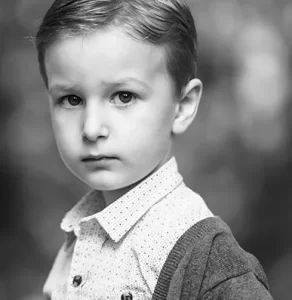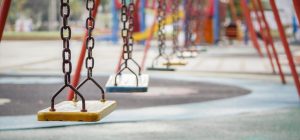Living with a Survivor of Child Sexual Abuse

Living with a survivor of child sexual abuse: Creating a Supportive and Comfortable Environment
1 in 4 girls and 1 in 6 boys will be sexually abused before they turn 18. Not all children have the same resources to be able to feel safe enough to get help. It can be hard to find at-home or outside rehabilitation methods as a survivor or a family member living with a survivor of child sexual abuse. These methods are key in order to move on from such a traumatic experience. A victim’s self-esteem, communication and relationship skills, and mental health can be forgotten because of having been sexually abused. These harmful effects have been known to carry on throughout a victim’s life and delay their behavioral and emotional development because they do not have closure. Although the abuse is irreversible, the way a survivor and their loved ones approach the healing process is important to make sure that healing and growth is possible.
STEP ONE: Creating a supportive environment for a survivor
The first step to create a supportive and comfortable environment for a victim is to acknowledge it. As children, victims can have trouble coming forth and expressing the confusing acts that were done to them. Most of the time it was by someone they know, which can cause even more confusion. The best support a loved one can give to a victim of child sexual abuse is the gift of belief. Even though the truth can be hard to accept, listening and accepting is central to being truly understanding, especially when they might not completely understand. Be both physically and emotionally prepared for them to lean on you. Because of their misunderstanding of the situation adolescents might treat the situation differently and carry anger, resentment, and other upsetting emotions. Nonetheless, be consistent and trustworthy during this time because it is important for a young person’s recovery.
STEP TWO: Taking action and getting involved
Take action. Taking action is just as significant as being a shoulder for a victim. Getting to the bottom of what really happened both legally and emotionally can help the victim and family members properly heal, whether it be contacting a lawyer or a therapist. It can also prevent the perpetrator from continuing to molest other children. Another helpful resource can be local support groups. Get in touch with others who have gone through similar experiences. This can be especially helpful to parents and victims that are older in age. Even activities such as academic extracurriculars, sports, or just spending time around family and friends will help create a positive environment for the survivor. Contact us if you have any questions on how to handle this information and what steps to take to get justice.
STEP THREE: Life after coming forward
Live life. It can be hard to swallow the trauma as a survivor or a family member living with a survivor of child sexual abuse. However, there is a future ahead. Life still goes on and it is important not to blame yourself or the victim for the abuse that happened. There is no way to take back what happened. However these methods will ensure that there is a bright future ahead for the survivor. It is important to not let this experience define the survivor but to help them heal and grow from it. With the right steps, it is possible.




